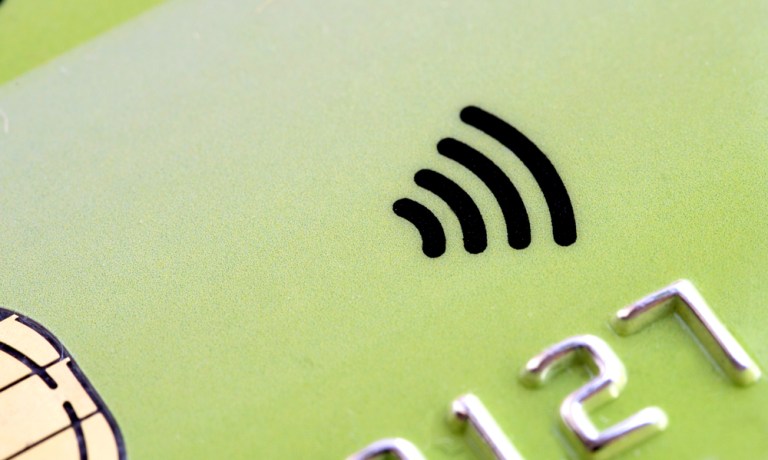Tap-And-Go Cards Set Off ‘Family Fraud’ Boom In UK

As the use of tap-and-go cards is steadily on the rise in the U.K., it seems a particular species of fraud that sees the elderly being preyed upon by their slightly more tech-savvy friends and family is as well.
The U.K.’s Action for Elderly Abuse — a support center for elderly victims of crime and abuse — is reporting a recent spike in calls from customers who are reporting small, regular amounts of money inexplicably disappearing from their cards.
And it is not a tiny issue. Of the 7,700 financial abuse cases reported last year, over half were these kinds of “family fraud” cases.
Contactless cards make thefts a little easier, explains Lesley Carcary, the helpline’s Scotland director, because the news cards do not require PINs to access money and are not itemized for contactless payments. That makes fraud harder to spot later.
Elderly consumers tend to have low awareness of contactless technology and are not signing up to use it voluntarily. Banks tend to send customers contactless cards, whether they asked for them or not, when older cards expire. Consumers, in most cases, can opt out of contactless if they so desire — only Barclaycard is forcing contactless tech on its customers — but they must intentionally do so.
“We do not offer non-contactless cards, as we believe contactless payments are integral to ensuring our customers are able to pay conveniently, securely and quickly if they choose to use this function,” noted a spokesman for Barclaycard.
“We are trying to do more to educate the elderly about contactless technology, but we find that most elderly victims of financial crimes are fully aware someone is stealing money from them. They tend to keep quiet about it because they are very often highly dependent on the friend or family member who is helping themselves to the funds,” noted Carcary.